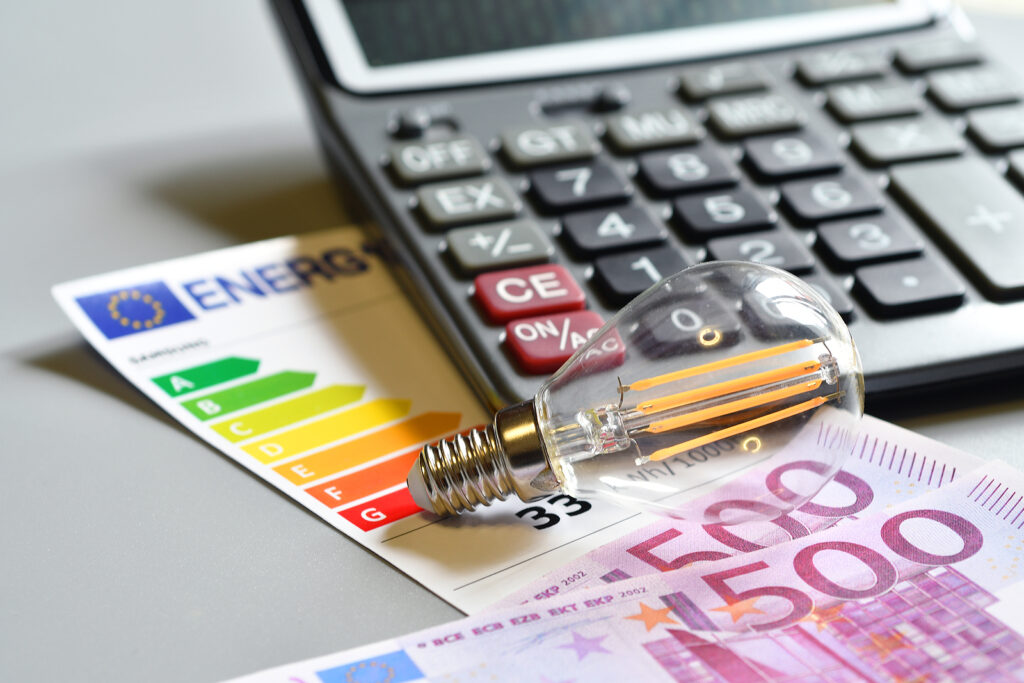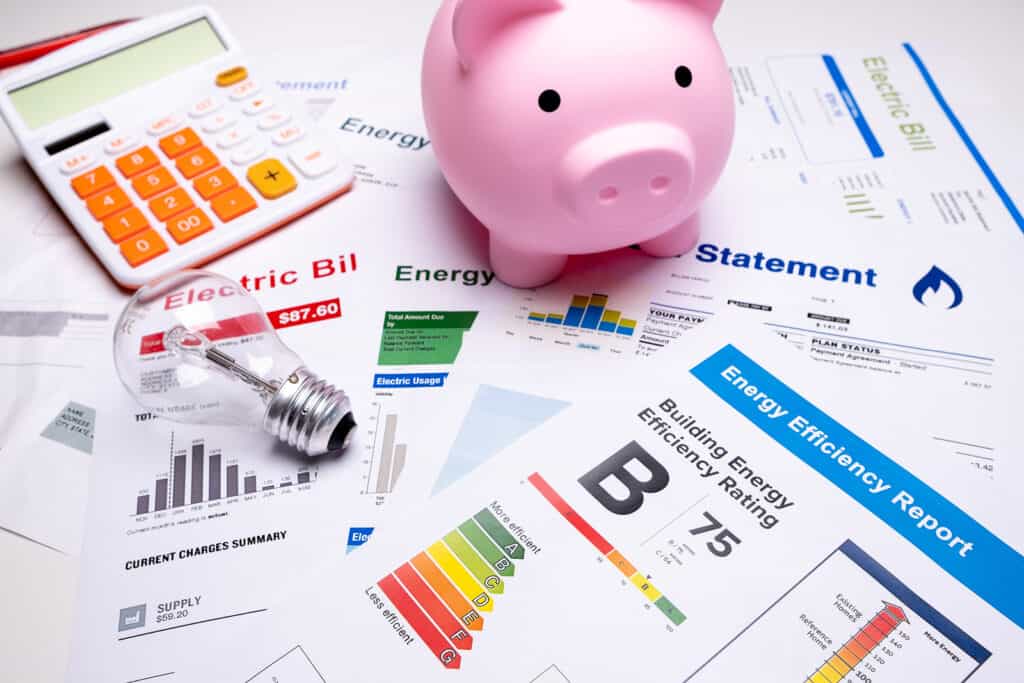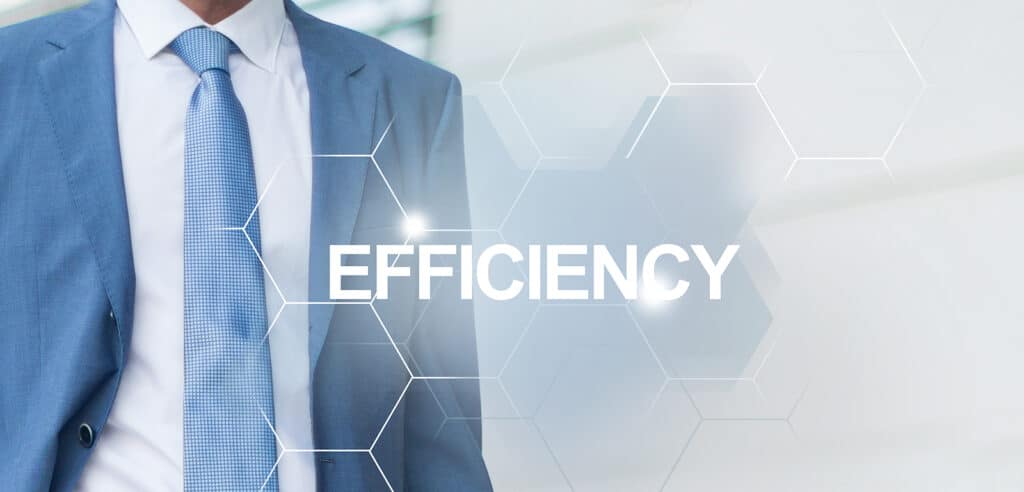The Business Case for Energy Efficiency: How Saving Energy Can Benefit Your Bottom Line
Energy efficiency is the practice of using less energy to perform the same tasks, and it has become increasingly important for businesses in recent years. Not only is it an environmentally responsible choice, but it can also benefit a company's bottom line. In this article, we will explore the business case for energy efficiency and discuss how saving energy can benefit your bottom line.
The Benefits of Energy Efficiency for Businesses

Energy efficiency has numerous benefits for businesses, including the following:
- Reduced Energy Costs
The most obvious benefit of energy efficiency is the reduction in energy costs. By using energy-efficient technology and implementing energy-saving practices, businesses can reduce their energy consumption and save money on their energy bills.
- Improved Productivity
Energy-efficient technology often has a positive impact on productivity. For example, LED lighting can improve lighting quality and reduce eye strain, leading to improved productivity in the workplace.
- Enhanced Brand Image
Consumers are increasingly concerned about environmental issues, and companies that prioritize energy efficiency can enhance their brand image and appeal to environmentally conscious consumers.
- Regulatory Compliance
Many countries have implemented energy efficiency regulations and incentives, and companies that comply with these regulations can avoid fines and penalties while also benefiting from financial incentives.
- Reduced Carbon Footprint
By reducing their energy consumption, businesses can also reduce their carbon footprint and contribute to the fight against climate change.
The Business Case for Energy Efficiency
While the benefits of energy efficiency are clear, some businesses may be hesitant to invest in energy-efficient technology due to concerns about the cost. However, the long-term financial benefits of energy efficiency often far outweigh the initial investment.
- Reduced Energy Costs
The most significant financial benefit of energy efficiency is the reduction in energy costs. By using energy-efficient technology and implementing energy-saving practices, businesses can significantly reduce their energy bills. According to the U.S. Environmental Protection Agency (EPA), energy-efficient buildings can save up to 30% on energy costs.
- Increased Asset Value
Energy-efficient buildings and equipment have a higher market value than less efficient buildings and equipment. This means that businesses that invest in energy efficiency can increase the value of their assets, making them more attractive to potential buyers.
- Improved Cash Flow
Reducing energy costs can also improve cash flow. By investing in energy-efficient technology and practices, businesses can reduce their monthly expenses, freeing up capital for other investments or business expenses.
- Competitive Advantage
Businesses that prioritize energy efficiency can gain a competitive advantage in their industry. Consumers are increasingly concerned about environmental issues, and companies that prioritize energy efficiency can appeal to environmentally conscious consumers.
- Regulatory Compliance
Many countries have implemented energy efficiency regulations and incentives, and companies that comply with these regulations can avoid fines and penalties while also benefiting from financial incentives. By investing in energy efficiency, businesses can ensure that they are compliant with current and future energy regulations.
Examples of Energy-Efficient Practices for Businesses

There are numerous ways that businesses can improve their energy efficiency, including the following:
- Lighting Upgrades
Upgrading to energy-efficient lighting, such as LED bulbs, can significantly reduce energy consumption and improve lighting quality.
- HVAC Upgrades
Upgrading to energy-efficient HVAC systems can significantly reduce energy consumption while also improving indoor air quality and comfort.
- Building Automation Systems
Building automation systems can automatically adjust lighting, HVAC, and other systems based on occupancy, temperature, and other factors, leading to significant energy savings.
- Energy Audits
Energy audits can identify areas of inefficiency and provide recommendations for energy-saving upgrades and practices.
- Employee Engagement
Encouraging employees to practice energy-saving habits, such as turning off lights and unplugging electronics when not in use, can also contribute to significant energy savings.
Case Study: The Benefits of Energy Efficiency in a Manufacturing Plant
To illustrate the business case for energy efficiency, let's consider a case study of a manufacturing plant that implemented energy-saving measures.
The plant had an annual energy bill of $2 million and consumed 20,000 MWh of electricity per year. After conducting an energy audit, the plant implemented several energy-saving measures, including the following:
- Upgrading to energy-efficient lighting
- Installing high-efficiency motors and variable frequency drives on equipment
- Upgrading to an energy-efficient compressed air system
- Implementing a building automation system to optimize HVAC and lighting
These measures cost the plant $1.5 million to implement but resulted in annual energy savings of 5,000 MWh and a reduction in energy costs of $300,000 per year. The measures also resulted in reduced maintenance costs and improved productivity, leading to an estimated annual cost savings of $500,000.
Over the lifetime of the energy-saving measures, the plant is estimated to save $4.5 million in energy costs and $7.5 million in total cost savings. The initial investment of $1.5 million was paid back in just over four years.
This case study illustrates the significant financial benefits of energy efficiency and the potential for a substantial return on investment.
Conclusion
Energy efficiency is no longer just a buzzword; it is a critical factor for businesses looking to improve their bottom line. By implementing energy-saving measures, businesses can reduce their energy costs, increase asset value, improve cash flow, gain a competitive advantage, and contribute to the fight against climate change.
While there may be an initial investment required to implement energy-saving measures, the long-term financial benefits far outweigh the costs. By prioritizing energy efficiency, businesses can create a more sustainable and profitable future.
In conclusion, the business case for energy efficiency is clear. By investing in energy-saving measures, businesses can reduce their energy costs, improve their bottom line, and contribute to a more sustainable future. So, it's time for businesses to take the first step towards energy efficiency and reap the benefits for years to come.
Sources:
https://blog.udemy.com/energy-efficiency-business/
https://www.mechse.illinois.edu/research/an-overview-of-energy-efficiency-in-manufacturing-plants/
https://www.energystar.gov/about/businesses_benefits_of_energy_efficiency
https://www.energy.gov/energysaver/energy-efficiency-businesses

